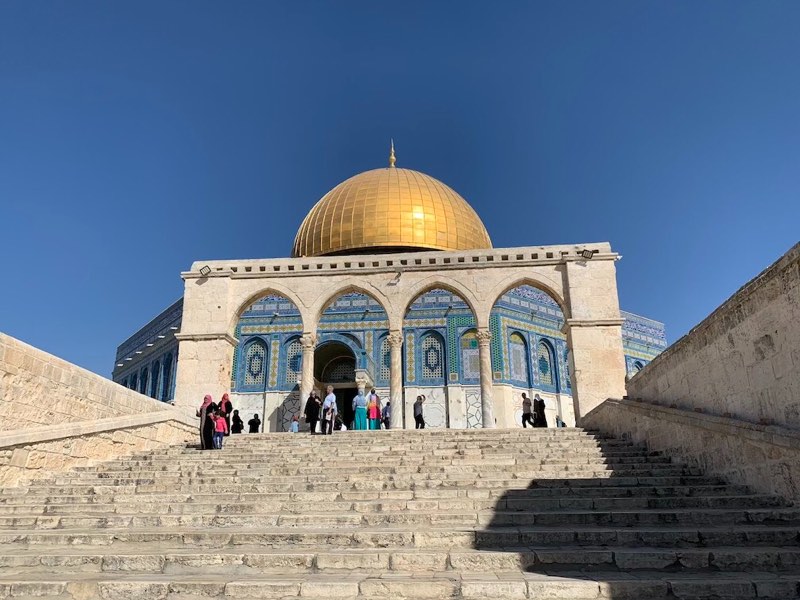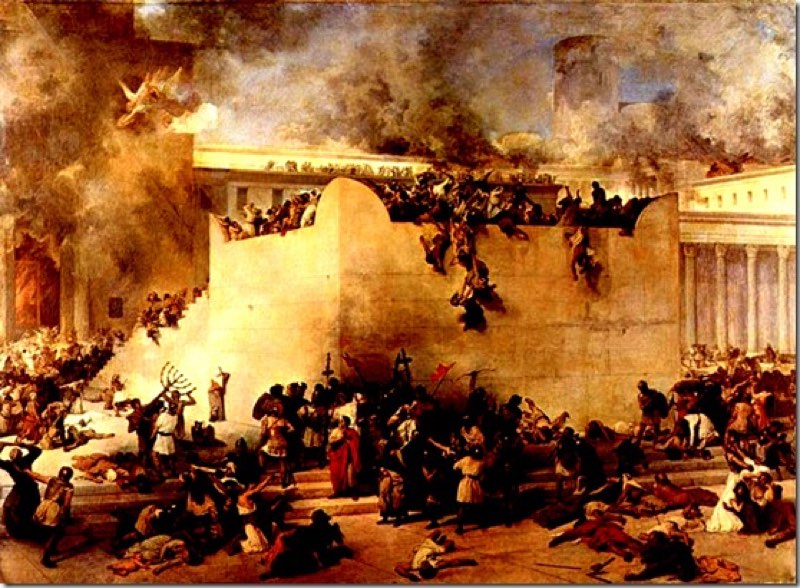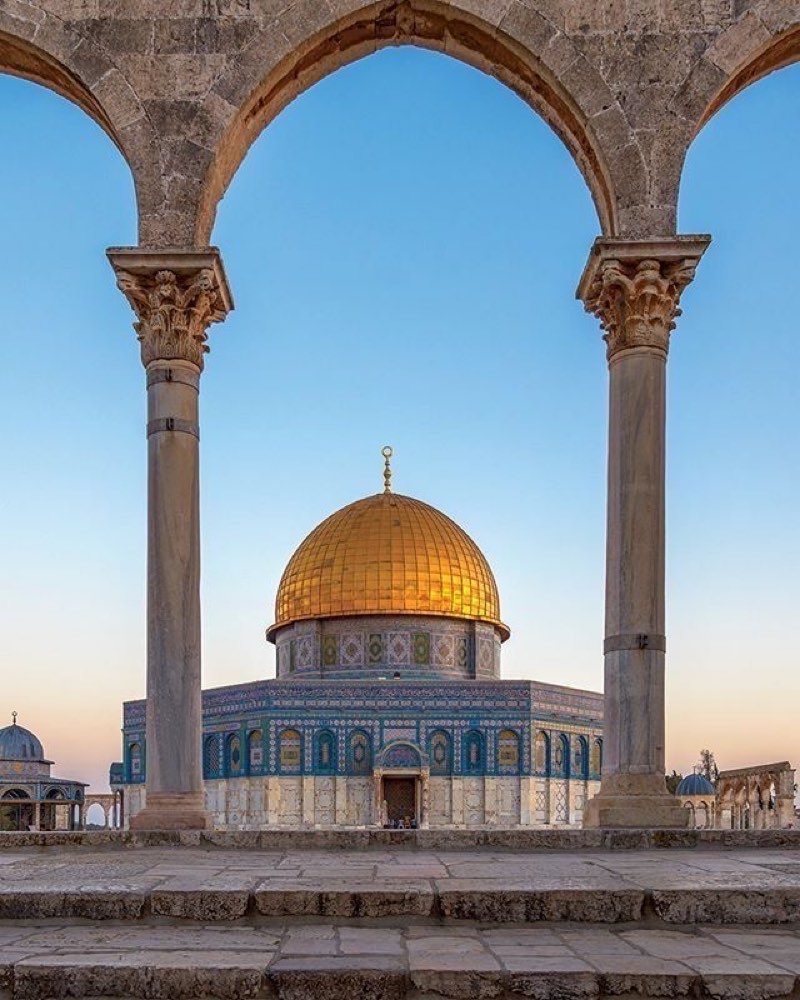Where in the Quran is it mentioned about the destruction of the two Jewish temples?
The Quran does not explicitly mention the destruction of the two Jewish temples, but it does refer to the corruption and mischief caused by the Jews in the Holy Land twice, which some scholars interpret as alluding to the events of the temple destructions. It is mentioned in Surah 17, verses 4 to 7.
The verse 7 of Surah 17 reads as follows:
‘If you do good, you will do good to your souls, and if you do evil, it will be for your own loss.’ So when the occasion for the second prophecy comes, they will make your faces wretched, and enter the Temple just as they entered it the first time, and destroy utterly whatever they come upon.
Some scholars interpret this as a reference to the historical transgressions of the Israelites twice in the Holy Land and the consequences they faced.
According to Quranic commentators, verse 7 represents a scenario in which the Romans, the second adversaries of the Jewish people, would enter the Temple in Jerusalem, similar to what the Babylonians, their first adversaries, had done before, and demolish what they had conquered.
The first temple, also known as Solomon's Temple, was destroyed by the Babylonians in 587 BCE, and the second temple, also known as Herod's Temple, was destroyed by the Romans in 70 CE.
Strangely, some Muslims deny the existence of the Jewish temples on the Temple Mount, the site where the Dome of the Rock and al-Aqsa Mosque stand today. This is known as temple denial, and it is a controversial and disputed issue.



